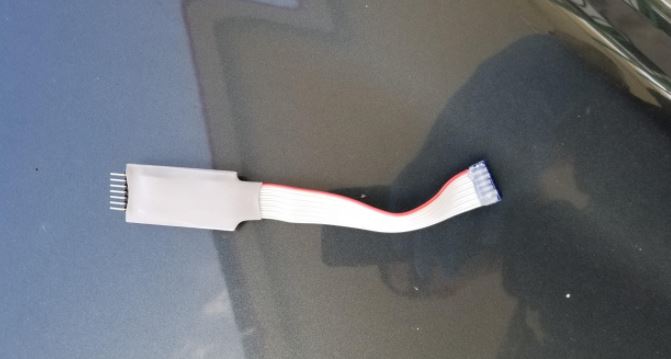Pasco authorities in the Tampa Bay area discovered at least 25 devices for cloning payment cards (known as skimmers) installed at multiple service stations throughout the town. The story was published by Action News.
Between 26 and 27 August, the Economic Crimes Unit of the Pasco Sheriff’s Office deployed a gasoline pump verification operation at more than 147 gas stations, finding these 25 devices installed by threat actors.
Hundreds or even thousands of drivers could have been affected by this malicious campaign, so concerned users are advised to contact the Sheriff’s Office for more information and, if necessary, file the appropriate complaint. Below is a list of the service stations where card skimmers were found.
- 7-Eleven: 4540 Rowan Road, New Port Richey – 1 device found
- Star One Food Mart: 15434 US Highway 19, Hudson – 1 skimmer found
- 7-Eleven: 15014 US Highway 19, Hudson – 1 skimmer found
- 7-Eleven: 27219 Boulevard Wesley Chapel, Wesley Chapel – 1 skimmer found
- In and Out: 3514 Grand Boulevard, New Port Richey – 1 skimmer found
- Circle K: 27616 Boulevard Wesley Chapel, Wesley Chapel – 1 skimmer found
- 7-Eleven: 13440 SR 54, Odessa – 2 skimmers found
- 7-Eleven: 3437 US Highway 19, Holiday – 1 skimmer found
- 7-Eleven: 10007 US Highway 19, Port Richey – 1 skimmer found
- Citgo: 14106 US Highway 19, Hudson – 1 skimmer found
- 7-Eleven: 38544 5th Avenue, Zephyrhills – 1 skimmer found
- Chevron: 6444 Massachusetts Avenue, New Port Richey – 1 skimmer found
- Citgo: 4334 Gall Boulevard, Zephyrhills – 2 skimmers found
- Chevron: 2908 Seven Springs Boulevard, New Port Richey – 1 one skimmer found
- Citgo: 4015 Little Road, New Port Richey – 3 skimmers found
- Citgo: 7820 SR 52, Hudson – 6 skimmers found

Cybersecurity specialists mention that the use of these devices can be highly profitable for cybercriminals, as few resources are invested for their development and installation, greatly increasing the level of profits for hackers.
He is a cyber security and malware researcher. He studied Computer Science and started working as a cyber security analyst in 2006. He is actively working as an cyber security investigator. He also worked for different security companies. His everyday job includes researching about new cyber security incidents. Also he has deep level of knowledge in enterprise security implementation.
